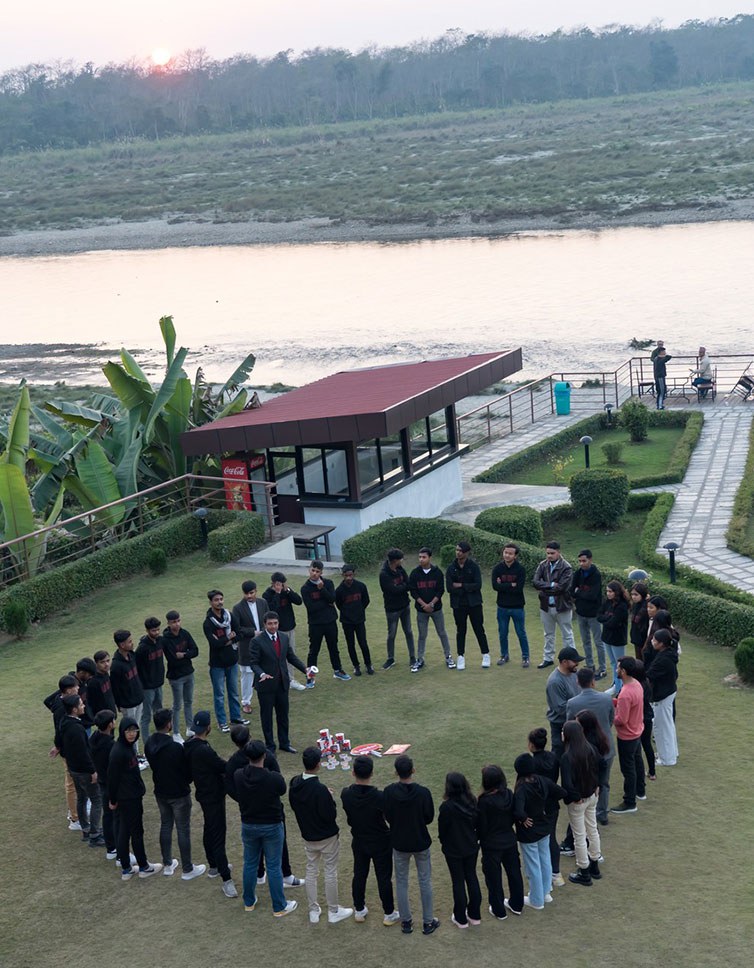
In an era of rapid technological advancements and evolving professional demands, the traditional classroom education model is no longer sufficient to prepare students for the challenges of the modern workforce. This is where industry connections step in as a crucial catalyst for bridging the gap between academia and the real world.
Industry connections offer a multitude of benefits that directly contribute to the empowerment and competency of college students. Here are some compelling reasons why fostering strong ties with industries is paramount:
Real-world Application:
Industry professionals bring real-world insights, experiences, and challenges to the educational environment. Collaborating with professionals who are at the forefront of their respective fields provides students with a firsthand understanding of how theoretical knowledge translates into practical applications. This exposure is invaluable in enhancing students' problem-solving abilities and critical thinking skills.


Current and Emerging Trends:
Industries are dynamic and ever-changing, driven by technological innovations and market trends. By connecting with industry experts, students gain access to up-to-date information about the latest tools, technologies, and trends. This knowledge equips them with the skills needed to adapt and thrive in a rapidly evolving job market.
Networking Opportunities:
Industry connections offer students a unique chance to expand their professional networks. Networking with established professionals, mentors, and potential employers can open doors to internships, job opportunities, and collaborations. These connections not only enhance students' career prospects but also provide a support system as they transition from academia to the professional world.


Skill Enhancement:
Industry collaboration often leads to skill-focused workshops, seminars, and training sessions. Such hands-on experiences expose students to specialized skills that are highly valued in the job market. Whether it's coding, project management, communication, or leadership skills, students can fine-tune their abilities under the guidance of experts.
Project-based Learning:
Collaborating with industries facilitates project-based learning, where students work on real projects with tangible outcomes. This approach encourages teamwork, problem-solving, and innovation – skills that are central to professional success. Additionally, these projects can be added to students' portfolios, showcasing their practical abilities to potential employers.


Enhanced Curriculum:
Input from industry professionals can help educators design a curriculum that aligns with the current demands of the job market. This ensures that students are learning skills and knowledge that are directly applicable and valuable in their future careers.
Entrepreneurial Spirit:
Industry connections can inspire entrepreneurship among students. Learning from successful entrepreneurs and business leaders can ignite students' passion for innovation and encourage them to explore their own business ideas.

In conclusion, the empowerment and skill development of college students are greatly enhanced by strong industry connections. These connections bridge the gap between theory and practice, providing students with relevant skills, knowledge, and experiences that prepare them for the dynamic world of work. It is essential for educational institutions to actively foster and nurture these connections, creating an environment where students can thrive both academically and professionally.












